Angelica Cheng
Active Member
There's a dark side to egg freezing that no one is talking about:
What if your frozen eggs cannot produce a baby?

 www.insider.com
www.insider.com
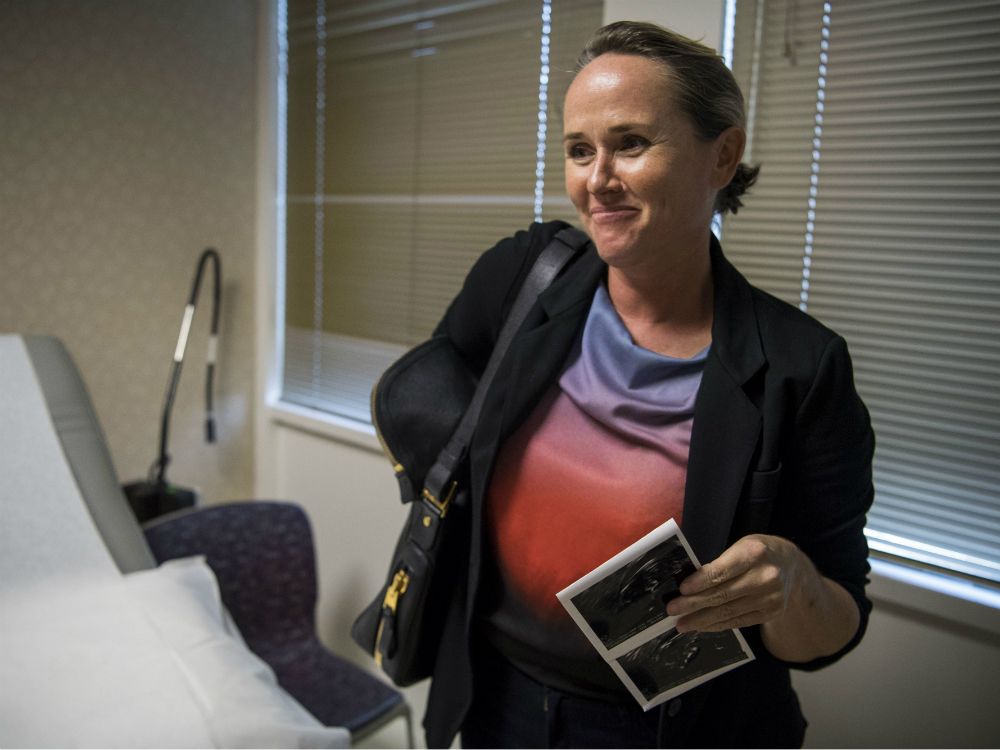
 nationalpost.com
nationalpost.com
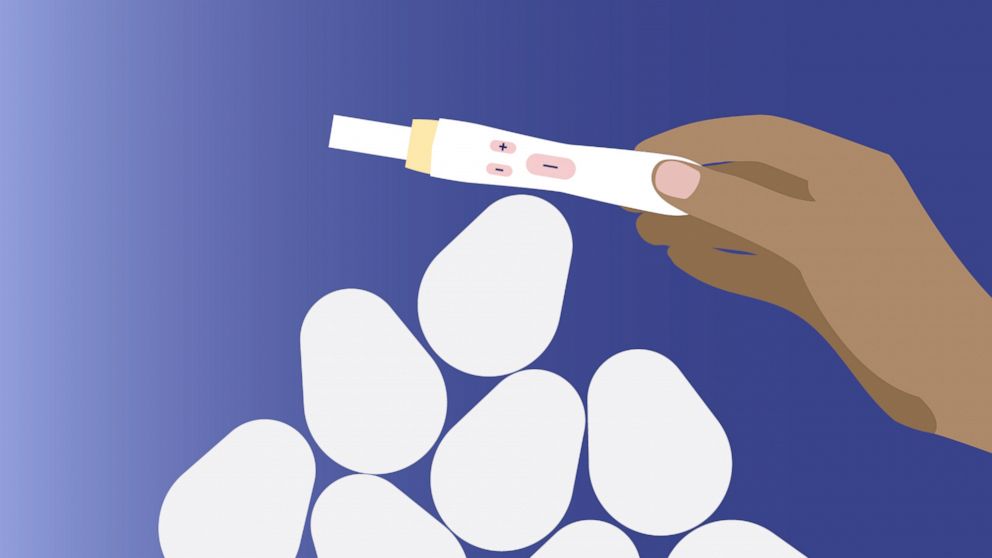
 www.goodmorningamerica.com
www.goodmorningamerica.com
https://www.goodmorningamerica.com/video/embed/58226065
Also beware potential catastrophic failures in low temperature storage of frozen eggs !
Developed countries may have stricter regulations and better quality control of IVF labs compared to developing countries. It may be wiser to freeze your eggs in a country with stricter laws and better quality control of IVF labs. For example compare Australia versus Malaysia or Thailand. In Australia, IVF labs are regularly inspected and audited by the Fertility Society of Australia (FSA) and the Reproductive Technology Accreditation Committee (RTAC) of Australia. Are IVF labs in Malaysia and Thailand subjected to similar mandatory inspections and audits?
The fact that you can read the news about frozen egg storage failures in the USA confirm that American fertility clinics and IVF labs are subject to strict regulatory oversight and good quality control. Hence, they quickly acknowledged their failures publicly, despite knowing that they will likely be sued for millions of dollars.
Can such transparency and honesty be expected of private fertility clinics and IVF labs in developing countries, where government regulation and oversight are less strict?
Egg freezing industry reeling after two major malfunctions
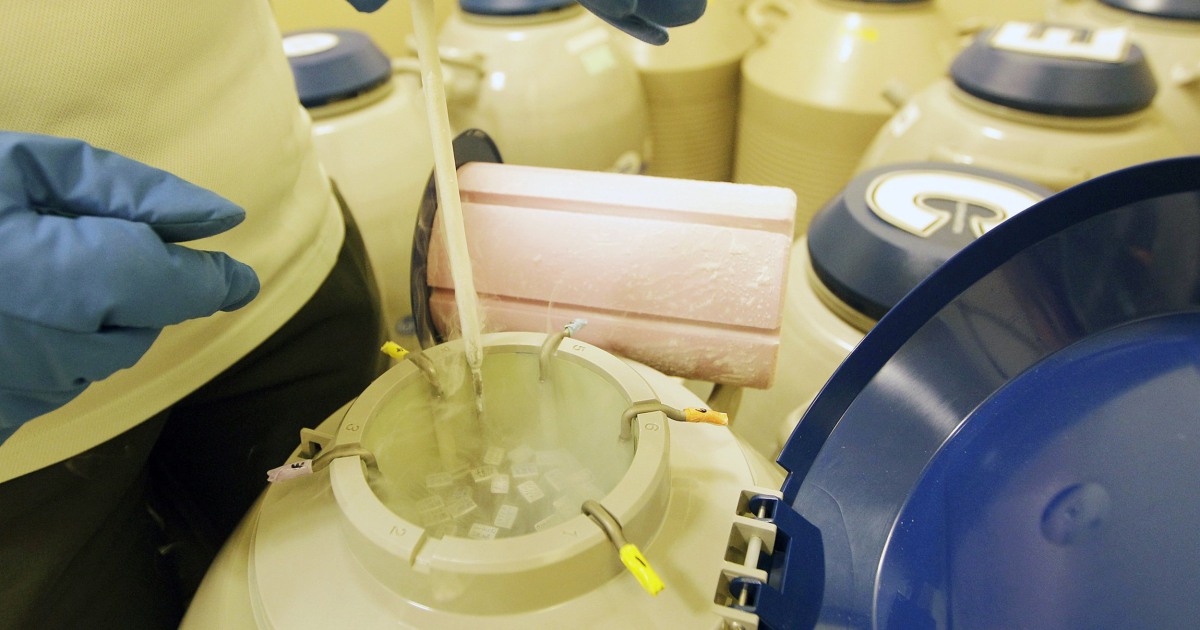
 www.nbcnews.com
www.nbcnews.com
Embryo and Egg Preservation Failures at Fertility Centers

 www.rlslawyers.com
www.rlslawyers.com
Fertility clinic informs hundreds of patients their eggs may have been damaged
Heartbreak, anxiety, lawsuits: The egg-freezing disaster a year later
The news of two tank failures in 2018 horrified thousands of women and fertility doctors around the country. What — if anything — has changed since then?
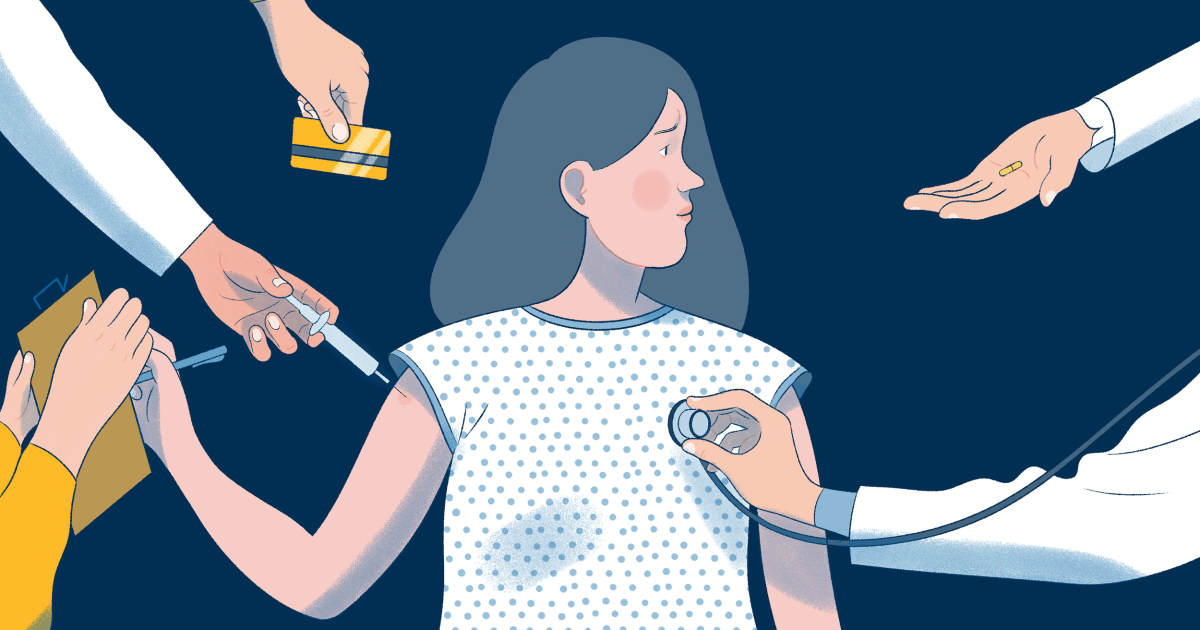
 www.nbcnews.com
www.nbcnews.com
Malfunction at egg freezing facility affects hundreds of patients
More than 2,000 eggs and embryos may not be viable after equipment failure.
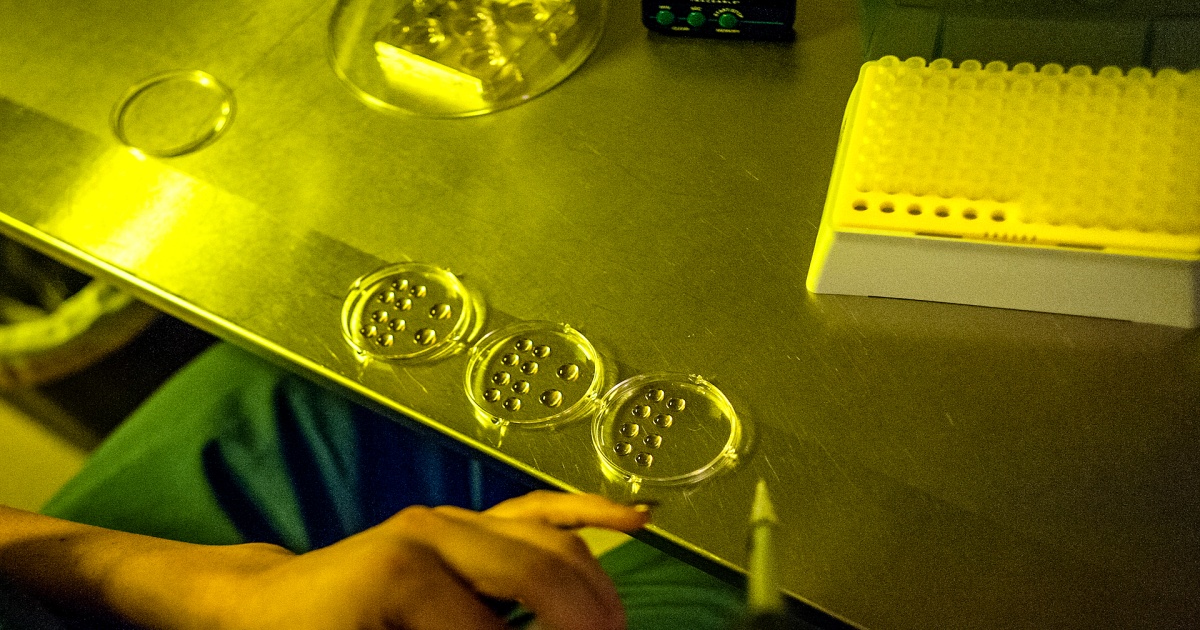
 www.nbcnews.com
www.nbcnews.com
Please also see an excerpt from the following article:
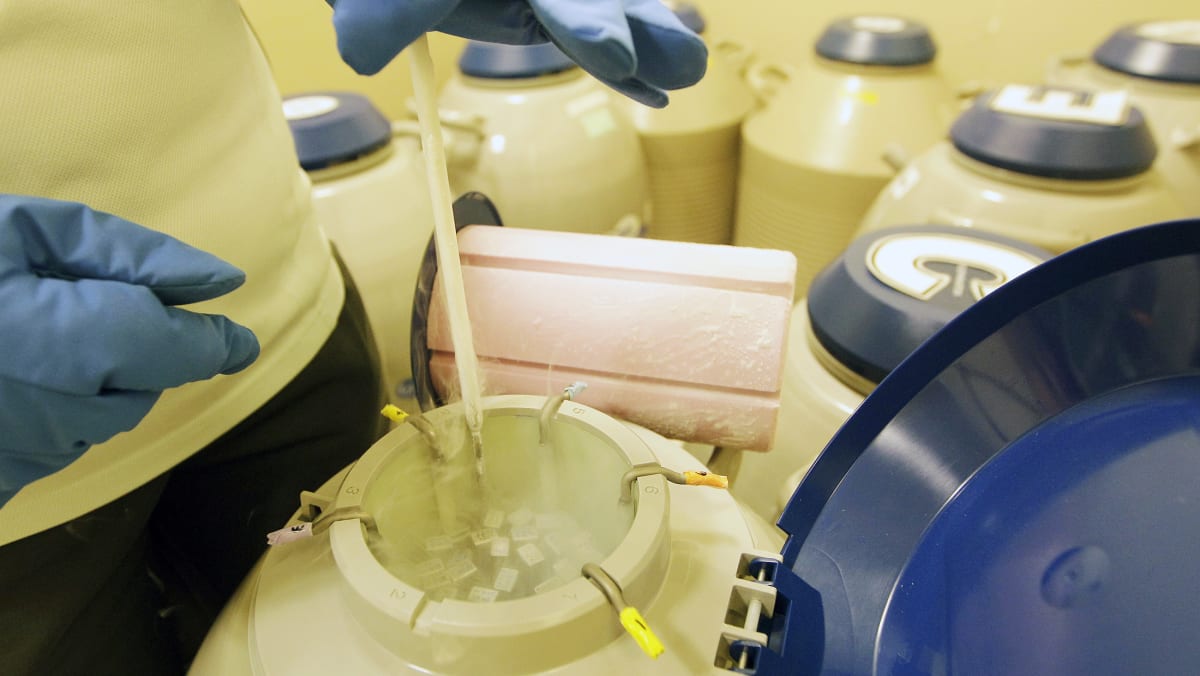
 www.todayonline.com
www.todayonline.com
"Mr Jake Anderson, a founder of Fertility IQ, a website that provides assessments of fertility doctors and clinics, noted that both the Cleveland and San Francisco clinics are “large, reputable, subject to oversight,” and they both quickly acknowledged the failures publicly.
But he said he worried about smaller, private clinics that have no affiliation with a university or hospital and whether some would be less inclined to disclose a problem.
“If this happens in other places that are private, people would take this to the grave and they would never breathe a word of this,” Mr Anderson said. “To think that only the well-run places that have boards and clinical oversight — they’re the only ones having this problem? I believe the opposite.”
What if your frozen eggs cannot produce a baby?
There's a dark side to egg freezing that no one is talking about
Egg freezing is being sold as a way to control your future. But it's not as powerful as you might think.

Cruel twist of fate for single woman who froze her eggs in her 30s to ‘free her career’
Last year, with her 45th birthday looming and no sign of Mr. Right, Brigitte Adams excitedly unfroze the 11 eggs and selected a sperm donor

When freezing your eggs does not work: What women should know
Women like Angela Herrera are the faces of an often untold story in fertility treatments, when frozen eggs do not result in pregnancies.
 www.goodmorningamerica.com
www.goodmorningamerica.com
https://www.goodmorningamerica.com/video/embed/58226065
Also beware potential catastrophic failures in low temperature storage of frozen eggs !
Developed countries may have stricter regulations and better quality control of IVF labs compared to developing countries. It may be wiser to freeze your eggs in a country with stricter laws and better quality control of IVF labs. For example compare Australia versus Malaysia or Thailand. In Australia, IVF labs are regularly inspected and audited by the Fertility Society of Australia (FSA) and the Reproductive Technology Accreditation Committee (RTAC) of Australia. Are IVF labs in Malaysia and Thailand subjected to similar mandatory inspections and audits?
The fact that you can read the news about frozen egg storage failures in the USA confirm that American fertility clinics and IVF labs are subject to strict regulatory oversight and good quality control. Hence, they quickly acknowledged their failures publicly, despite knowing that they will likely be sued for millions of dollars.
Can such transparency and honesty be expected of private fertility clinics and IVF labs in developing countries, where government regulation and oversight are less strict?
Egg freezing industry reeling after two major malfunctions

Egg freezing industry reeling after two major malfunctions
Egg freezing clinics come under scrutiny after two major malfunctions in different parts of the country result in possible loss of thousands of eggs, embryos.
Embryo and Egg Preservation Failures at Fertility Centers

Embryo and Egg Preservation Failures at Fertility Centers | Rains Lucia Stern St. Phalle & Silver
Damaged Embryos at Fertility Centers Fertility centers freeze human embryos and eggs for individuals and couples who want children in the future. Unfortunately, recent increases in storage failure have not only damaged the viability of many embryos and eggs, but destroyed some couples’ dreams...
Fertility clinic informs hundreds of patients their eggs may have been damaged
Heartbreak, anxiety, lawsuits: The egg-freezing disaster a year later
The news of two tank failures in 2018 horrified thousands of women and fertility doctors around the country. What — if anything — has changed since then?

Heartbreak, anxiety, lawsuits: The egg-freezing disaster a year later
The news of two tank failures in 2018 horrified thousands of women and fertility doctors around the country. What — if anything — has changed since then?
Malfunction at egg freezing facility affects hundreds of patients
More than 2,000 eggs and embryos may not be viable after equipment failure.

Malfunction at egg freezing facility affects hundreds of patients
More than 2,000 eggs and embryos may not be viable after equipment failure
Please also see an excerpt from the following article:

What fertility patients should know about egg freezing
NEW YORK — The failure of systems used to store frozen eggs and embryos at two fertility clinics in the United States has rattled people who count on such clinics to help them realise their hopes of having children.
"Mr Jake Anderson, a founder of Fertility IQ, a website that provides assessments of fertility doctors and clinics, noted that both the Cleveland and San Francisco clinics are “large, reputable, subject to oversight,” and they both quickly acknowledged the failures publicly.
But he said he worried about smaller, private clinics that have no affiliation with a university or hospital and whether some would be less inclined to disclose a problem.
“If this happens in other places that are private, people would take this to the grave and they would never breathe a word of this,” Mr Anderson said. “To think that only the well-run places that have boards and clinical oversight — they’re the only ones having this problem? I believe the opposite.”
Last edited:


